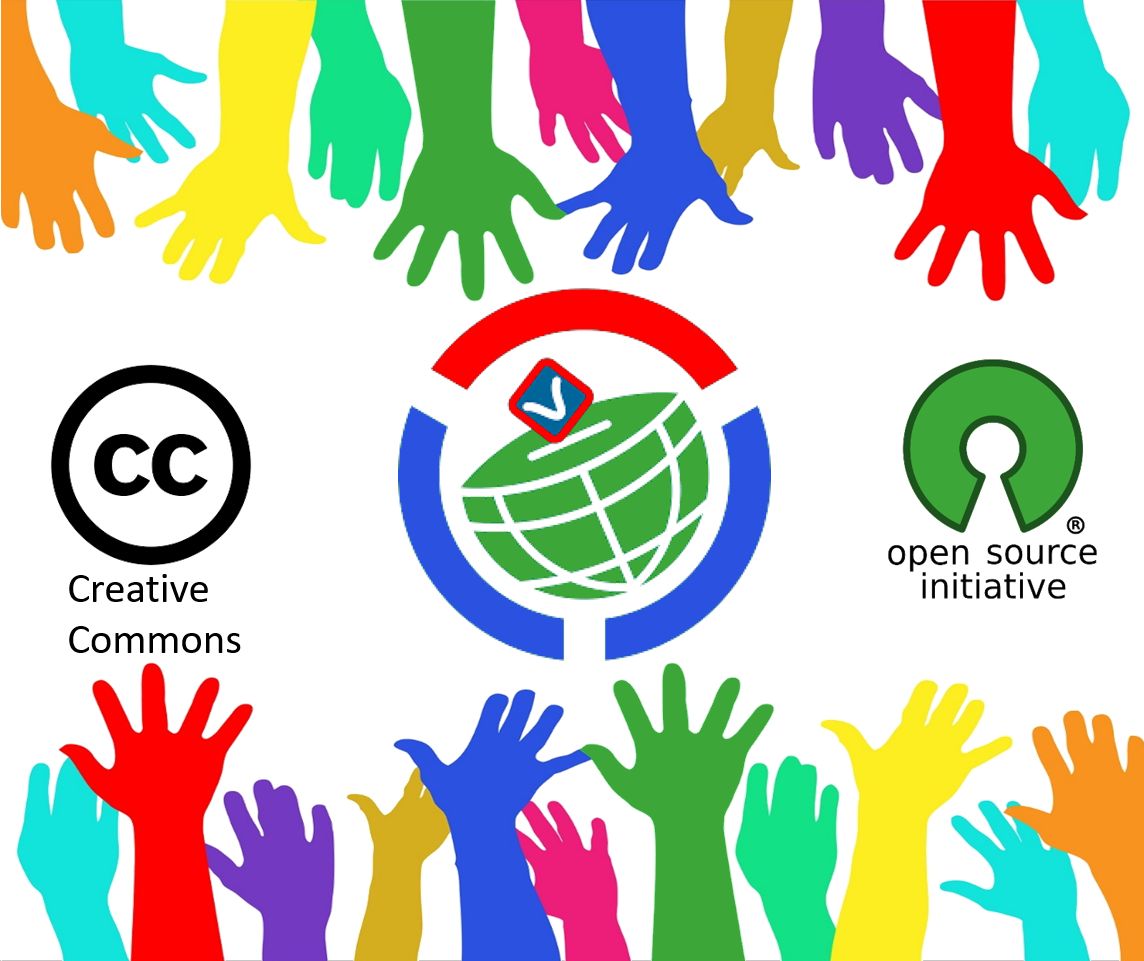 The background to the Global Symbols’ research into the development of a repository of freely available open symbols has grown out of the Arabic Symbol Dictionary that became Tawasol Symbols. The original research took place between 2014-2017 and was funded thanks to the Qatar National Research Fund and the latest research has come about as a result of a partnership with UNICEF Innovation Fund whilst working with the UNICEF AAC Cohort.
The background to the Global Symbols’ research into the development of a repository of freely available open symbols has grown out of the Arabic Symbol Dictionary that became Tawasol Symbols. The original research took place between 2014-2017 and was funded thanks to the Qatar National Research Fund and the latest research has come about as a result of a partnership with UNICEF Innovation Fund whilst working with the UNICEF AAC Cohort.
The Tawasol symbols with their text equivalents in Modern Standard Arabic with their English translation were designed to support Alternative and Augmentative Communication (AAC) users and also those who may have low levels of literacy, learning disabilities or specific learning difficulties, where symbols can aid reading and writing skills. There are also some individuals who have social interaction difficulties where symbols can act as prompts. Symbols may also work in a similar way for those who acquire speech and language difficulties due to strokes and brain injury. Symbols as indicators have value in supporting the understanding of Arabic for those with little knowledge of the language and symbols can also be used to assist with way finding or act as health and safety warnings in a way that is obvious to the widest possible audience.
It was never felt to be necessary to develop a completely new set of symbols for every idea as many symbols can be used universally, although different AAC symbol sets may have slightly different representations. Localisation has been considered to be an important concept in order for globalisation to occur with cultural nuances being recognised, their settings and environment to help with usual personalisation.
 Global Symbols aims to design, collect, harmonise and standardise collections of free and open symbols to help as many users as possible. Where it has been possible links will be provided to complete symbol sets and their home pages for downloading for example the ARASAAC symbol set which has been made available thanks to collaboration with Centro Aragonés de Recursos para la Educación Inclusiva (CAREI) and are offered under a CC (BY-NC-SA) Creative Commons licence.
Global Symbols aims to design, collect, harmonise and standardise collections of free and open symbols to help as many users as possible. Where it has been possible links will be provided to complete symbol sets and their home pages for downloading for example the ARASAAC symbol set which has been made available thanks to collaboration with Centro Aragonés de Recursos para la Educación Inclusiva (CAREI) and are offered under a CC (BY-NC-SA) Creative Commons licence.
